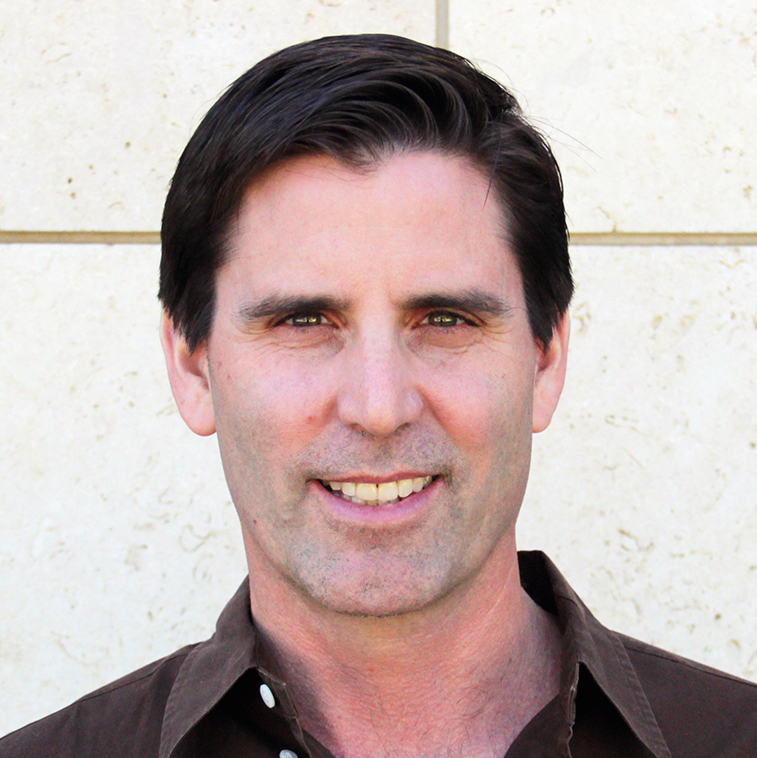
A professor who is suing a journal publisher and critic for defamation has announced he plans to drop the case.
Yesterday, Stanford University professor Mark Jacobson announced on Twitter that he plans to “voluntarily dismiss the lawsuit” he filed last year in the District of Columbia, in which he alleged he was defamed when the Proceedings of the National Academy of Sciences published a paper critical of his research on the future of renewable energy.
Dear friends & critics, After much deliberation and having brought to light the corrections of fact required in the Clack paper, I have decided to move on and voluntarily dismiss the lawsuit. Details of the reasons why and the basis for the suit are here: https://t.co/HRSvt22HJZ
— Mark Z. Jacobson (@mzjacobson) February 22, 2018
Jacobson’s lawyer, Paul Thaler, managing partner of the D.C. office of Cohen Seglias, confirmed that the suit will be dropped. He declined to comment further and referred Retraction Watch to the statement linked to in Jacobson’s tweet.
In November 2017, the National Academy of Sciences (NAS) and its co-defendant, Christopher Clack, the first author of the 2017 PNAS paper critical of Jacobson’s work, filed motions to dismiss the case. And on Feb. 20, just two days prior to Jacobson’s tweet, Judge Elizabeth Wingo of the D.C. Superior Court held a hearing, where Thaler argued that the case should proceed.
Clack, who runs a renewable energy data analysis company, declined to comment, but pointed to a statement issued by his D.C.-based lawyer, Drew Marrocco of Dentons, which said:
We note that Dr. Jacobson saw the light and made the tactical decision to dismiss his $10 million lawsuit after the February 20th hearing on Dr. Clack’s motion to dismiss. No doubt Dr. Jacobson based his decision on the high probability that his lawsuit would be dismissed.
The Clack et al. paper was a response to a 2015 PNAS paper co-authored by Jacobson, which suggested that renewable energy sources alone could power the United States by 2050; Jacobson took issue with Clack et al.’s assertion that the paper “committed modeling errors.”
In his statement, Jacobson explained that he did not think his case could escape the shadow cast by an earlier case, in which Michael Mann, a climatologist at Penn State University, sued critics for defamation. Mann filed the suit in 2012 and survived motions to dismiss, but the case has yet to go to trial. Jacobson wrote:
It became clear, just like in the Mann case, which has been going on for 6 years, that it is possible there could be no end to this case for years, and both the time and cost would be enormous. Even if the [NAS and Clack] motions for dismissal were defeated, the other side would appeal, and that alone would take 6-12 months if not more. Even if I won the appeal, that would be only the beginning. It would mean time-consuming discovery and depositions, followed by a trial. The result of the trial would likely be appealed, etc., etc.
Second, a main purpose of the lawsuit has been to correct defamation by correcting the scientific record through removing false facts that damaged my coauthors and my reputations. While I have not succeeded in having the scientific record in the [Clack] article corrected, I have brought the false claims to light so that at least some people reading [the Clack article] will be aware of the factually inaccurate statements.
As such, after weighing the pros and cons, I find that I have no more reason to fight this battle…
Jacobson added that he had previously offered to drop the case if PNAS would publish a correction (which he had written); however, he said both PNAS and Clack refused.
NAS and its attorney, D.C.-based Joseph Esposito of Hunton & Williams, did not immediately respond to our request for comment.
Though NAS and Clack won’t have to pay Jacobson damages, some commenters suggested that the lawsuit has still been damaging.
David Spence, a law professor at the University of Texas at Austin, replied to Jacobson’s tweet, saying:
This merits a show of much more contrition on your part. The suit was a huge mistake irrespective of which paper was better, or more right.
Spence has since deleted the tweet.
And one of Clack’s co-authors, Ken Caldeira, a researcher at the Carnegie Institution for Science asked:
What about offering to reimburse legal expenses you have caused people to incur? Your lawsuit has caused real injury, costing people money and wasting their time.
— Ken Caldeira (@KenCaldeira) February 22, 2018
Jacobson tweeted back:
Ken, you still don't get it. It is YOU and your 20 coauthors who recklessly published false facts in three areas and refused to correct them. You have no-one to blame but yourself. Take responsibility and stop blaming others for your own actions.
— Mark Z. Jacobson (@mzjacobson) February 22, 2018
Update 22:00 UTC, 2/23/2018: Retraction Watch spoke with Jacobson about his thoughts now that the suit is over.
Like Retraction Watch? You can make a tax-deductible contribution to support our growth, follow us on Twitter, like us on Facebook, add us to your RSS reader, sign up on our homepage for an email every time there’s a new post, or subscribe to our daily digest. If you find a retraction that’s not in our database, you can let us know here. For comments or feedback, email us at [email protected].